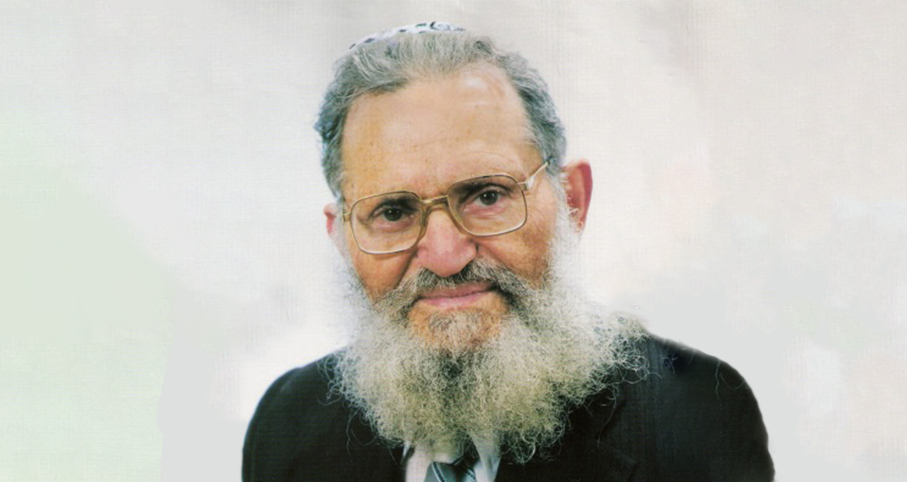- Sections
- Parashat Hashavua
351
Yonadav noticed that one of David’s younger sons, Avshalom, wanted to become king instead of Amnon, the oldest son, and Yonadav decided to help him. By helping undo the chance of David’s oldest son being king, Yonadav "paid back" David for skipping over his older brothers.
If we are right, we can further suggest that Yonadav even expected that due to the rape within David’s family, David’s reign might begin to develop "cracks." Such an act by an heir apparent, following the footsteps of the evil powerful men at the time between Adam and Noach (see Bereishit 6:2), would upset all senses of stability. This might even lead to such upheaval that Yonadav might fill the void, as a son of David’s brother, and seize the throne.
David received kingship, in part by fighting Goliat the Plishti, risking his life on behalf of Bnei Yisrael. Apparently, the sons of Shama were also fearless fighters on behalf of the nation. Indeed, we find Yonatan the son of Shama killing a giant Plishti (Divrei Hayamim I, 20:6-7).
There seem to be hints that the issue of rivalry between the families continued many generations later. The gemara (Ketubot 62b) tells that Rebbi (Rabbi Yehuda Hanasi) was a descendant of David, while his contemporary Rabbi Chiya was a descendant of Shama. In a different gemara (Horiyot 11b), we find Rebbe, the rabbinic leader of the community of Eretz Yisrael, asking Rabbi Chiya whether someone like him would be required to bring the type of korban reserved for a king. Rabbi Chiya suggested that this was not possible because there was a similar leader in Bavel, which meant that no one possessed sufficient dominion. Rebbi asked from the fact that at the time of the Kingdoms of Judea and Israel, both kings enjoyed the status of king regarding korbanot. Rabbi Chiya answered that those two kings were independent, as opposed to the nasi in Israel, who was subservient to the reish galuta, the Babylonian leader.
Rebbi and Rabbi Chiya lived well after the Beit Hamikdash was destroyed, in which case the question about the korbanot was moot. This theoretical question, though, was a way of dealing with the age-old question about the status of the dynasty of David. They went about it the right way, discussing pleasantly the halachic implications of the matter. In that way they fixed the bad action of Yonadav, who tried to uproot the standing of the House of David.
Let us pray to merit raising a generation of Torah scholars, who possess the ability to give in, who speak calmly, and in that way are disciples of Aharon, who loved peace and pursued peace.

If Like Sons, If Like Servants
Rabbi Shaul Yisraeli zt"l | 25 Elul 5783

Parashat Hashavua: “With a Strong Hand He Will Expel Them from His Land
Harav Shaul Yisraeli – from Siach Shaul, p. 205-6
Rabbi Yossef Carmel | Tevet 5785

Parashat Hashavua: We Want a Jewish Judicial System Now!
Rabbi Yossef Carmel | Shevat 5785

“You Shall Do for Me a Sanctuary... Tabernacle”
Rabbi Yossef Carmel | 28 Shvat 5768

A Woman's Obligation to Pray
Rabbi Eliezer Melamed | 5766

Why is Hafrashat Challah So Important
Rabbi Yosef Tzvi Rimon | 5778

How Does a Heter Iska Work?
Rabbi Yirmiyohu Kaganoff | 5770







